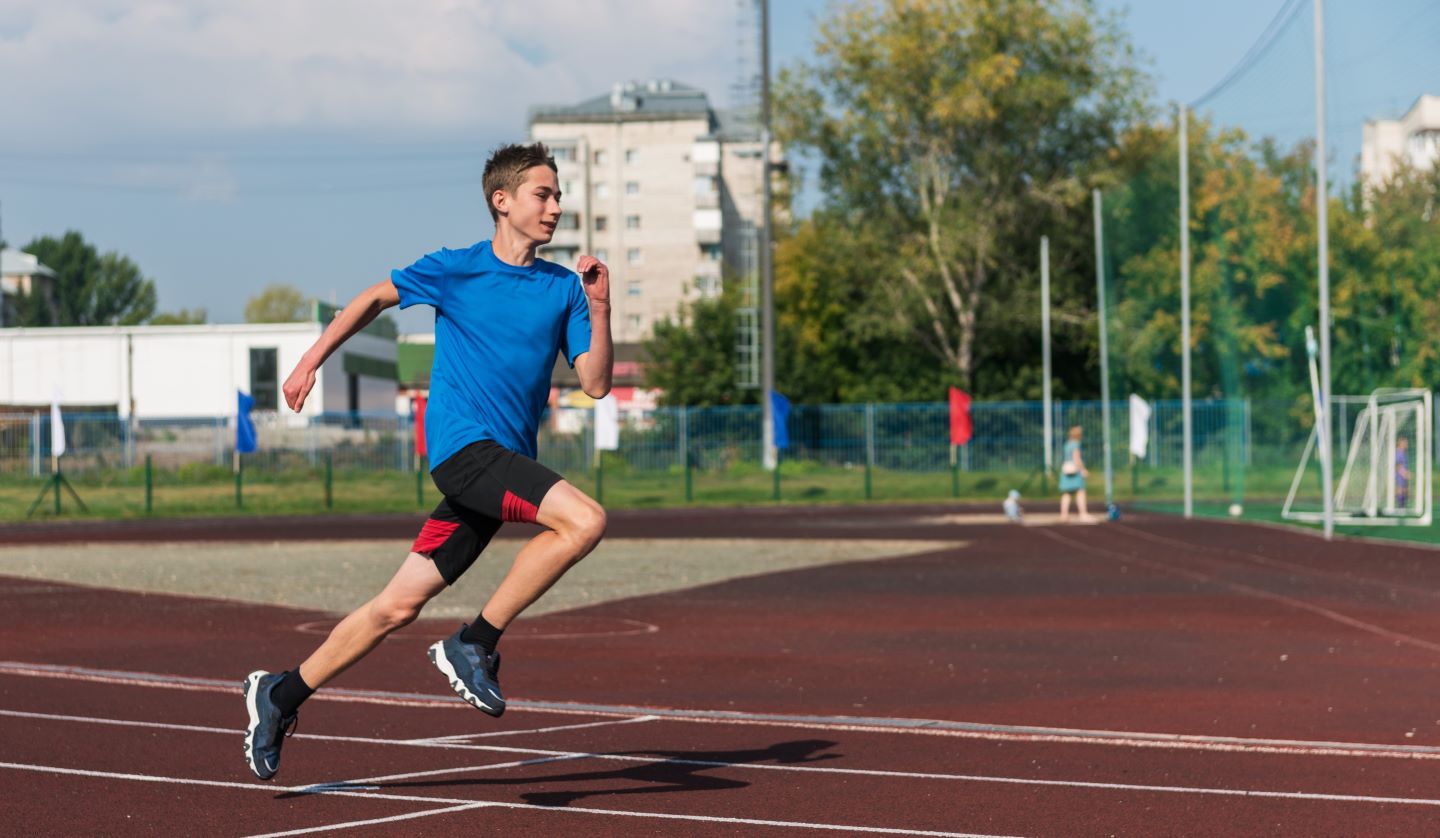

Sarepta Therapeutics has commenced subject screening for its Phase III EMERGENE clinical trial (Study SRP-9003-301) of investigational gene therapy SRP-9003 (bidridistrogene xeboparvovec) in treating limb-girdle muscular dystrophy Type 2E (LGMD2E/R4) or beta sarcoglycanopathy.
The open-label, multi-national trial will assess SRP-9003 in 15 participants.

Discover B2B Marketing That Performs
Combine business intelligence and editorial excellence to reach engaged professionals across 36 leading media platforms.
These subjects will comprise patients aged four and above in both ambulatory and non-ambulatory settings.
The trial design includes a six-month natural history lead-in, with the expression of beta-sarcoglycan 60 days following treatment being the primary endpoint.
Additional endpoints will assess functional measures up to month 60 and monitor safety.
SRP-9003 uses the AAVrh74 vector engineered to be delivered to the diaphragm, skeletal, and cardiac muscles. This approach makes it a promising candidate for neuromuscular ailments.

US Tariffs are shifting - will you react or anticipate?
Don’t let policy changes catch you off guard. Stay proactive with real-time data and expert analysis.
By GlobalDataSRP-9003 aims to offer a full-length beta-sarcoglycan transgene, employing the MHCK7 promoter for potent expression in the heart.
Limb-girdle muscular dystrophies are a group of genetic ailments causing progressive muscle weakness and wasting, starting from the hips and shoulders and later affecting the arms and legs.
LGMD2E patients typically exhibit neuromuscular symptoms, such as difficulty in running, jumping, and climbing stairs before the age of ten, with the disease progressing to loss of ambulation in teenage years and frequently resulting in early mortality.
Sarepta Therapeutics research and development head, executive vice-president and chief scientific officer Louise Rodino-Klapac said: “Early results from the SRP-9003 clinical development programme demonstrated significant protein expression at both 12-weeks and two years after treatment, as well as functional benefits including slowing progression of this disease, improving mobility, and enhancing the quality of life for individuals living with LGMD2E.
“In addition to its importance for the LGMD2E community, EMERGENE will inform the clinical development of other programmes for LGMD in Sarepta’s pipeline while serving as a pathfinder for viable regulatory pathways to support the development of gene therapies to treat ultra rare diseases.”
Cell & Gene therapy coverage on Clinical Trials Arena is supported by Cytiva.
Editorial content is independently produced and follows the highest standards of journalistic integrity. Topic sponsors are not involved in the creation of editorial content.





